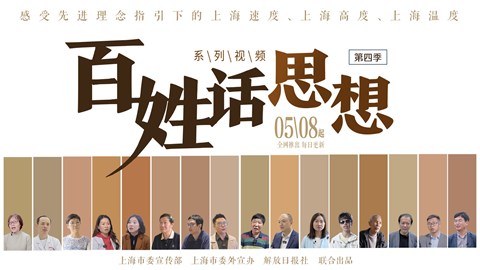Shanghai Women's Congress highlights concerns and solutions
Concerns over having a second child, problems in education and a lack of care services for the elderly were among the top issues discussed during the two-and-half-day Shanghai Women’s Congress which ended on Thursday.
The latest statistics from the city’s health authority showed Shanghai’s total fertility rate — the average number of children a woman has in her lifetime — only stands at 0.97, far below the standard level of 2.1 to keep a stable population.
However, in many cases, women of childbearing age don’t want a second baby just because they can’t afford it. This is even more evident in Shanghai, where women have to cope with highly competitive workplaces and a fast-paced society, said professor Guo Xiuyun from East China University of Political Science and Law.
Favorable policies are urged so that the birth rate will increase.
Representative Qu Yanying, an official of Shanghai's University of International Business and Economics, suggested the government cover women's medical bills from pregnancy to delivery, and offer free nursing and education services to children under 6 years old.
Another major problem deterring women from having children is the fierce competition for good schools, especially at bilingual and private schools. So, representative Liu Qifang, an official with Chen Yun Memorial, proposed that authorities “balance educational resources” and ensure school enrollment is fair.
The lack of care services for the elderly is also a headache for Shanghai and its aging society.
“It remains a problem when senior citizens are hospitalized while their children have to go to work and take care of their own children,” said Kang Liying, an official with Shanghai University.
She suggested authorities step up efforts in promoting the concept of “elder community," where elders can make friends and receive professional medical care. It could help create a neighborhood and relieve their feelings of loneliness.
Shanghai Women’s Federation said they will study the proposals, and it is possible that they may pick some to report to the relative authorities for further study.
In 2017, the average life expectancy of local women reached 85.85 years and the infant mortality rate reached a record low of 3.71 per 1,000 live births, on a par with developed countries and regions.
Other highlights over the last five years made by the federation included providing more toilet facilities for females and the establishment of a new body to help authorities take consideration of gender and family issues when making policies.
In the next five years, the federation will continue its efforts in ensuring local women and children have world-class living conditions, it said.
Shanghai Women’s Congress is held by Shanghai Women’s Federation every five years.















